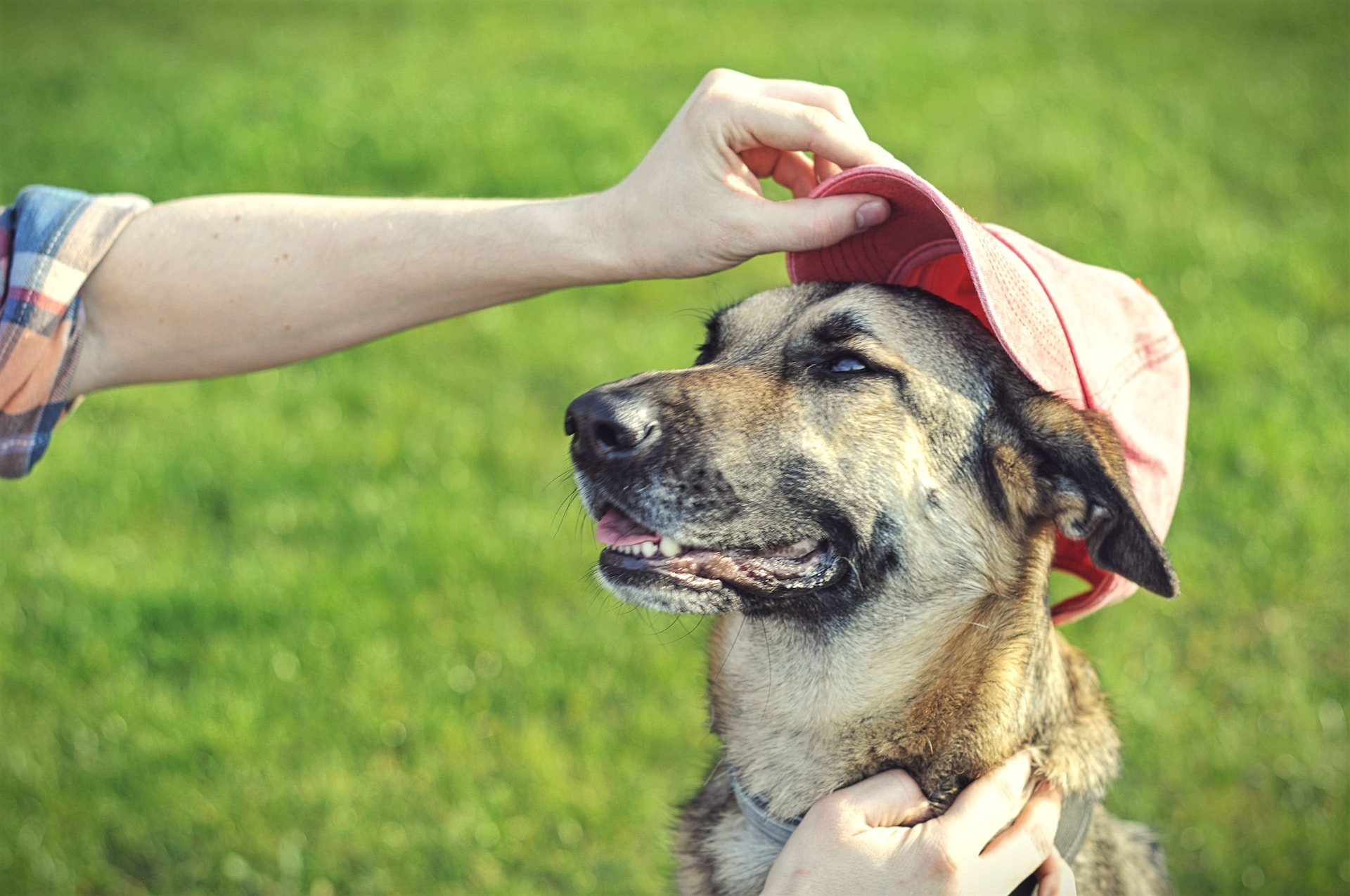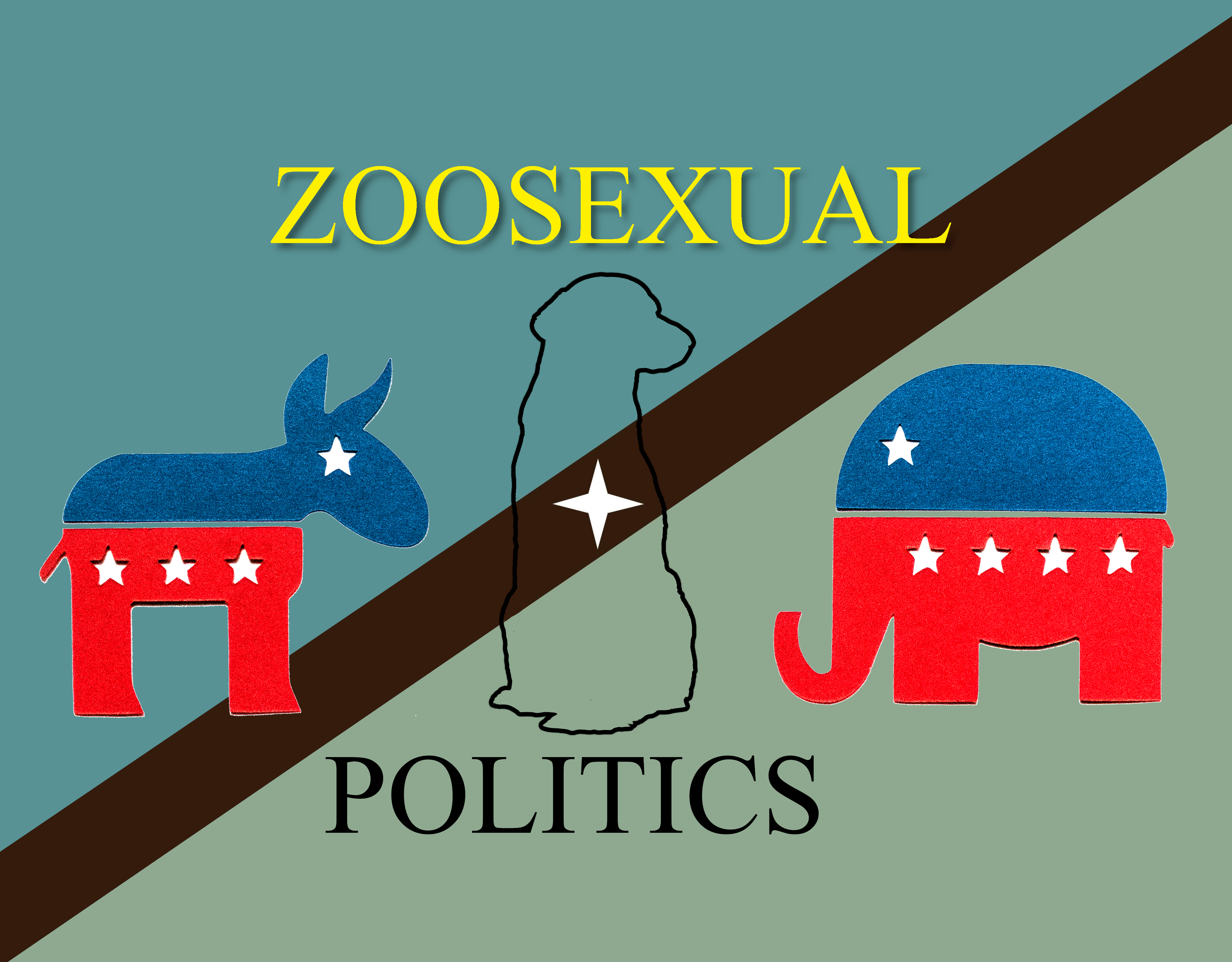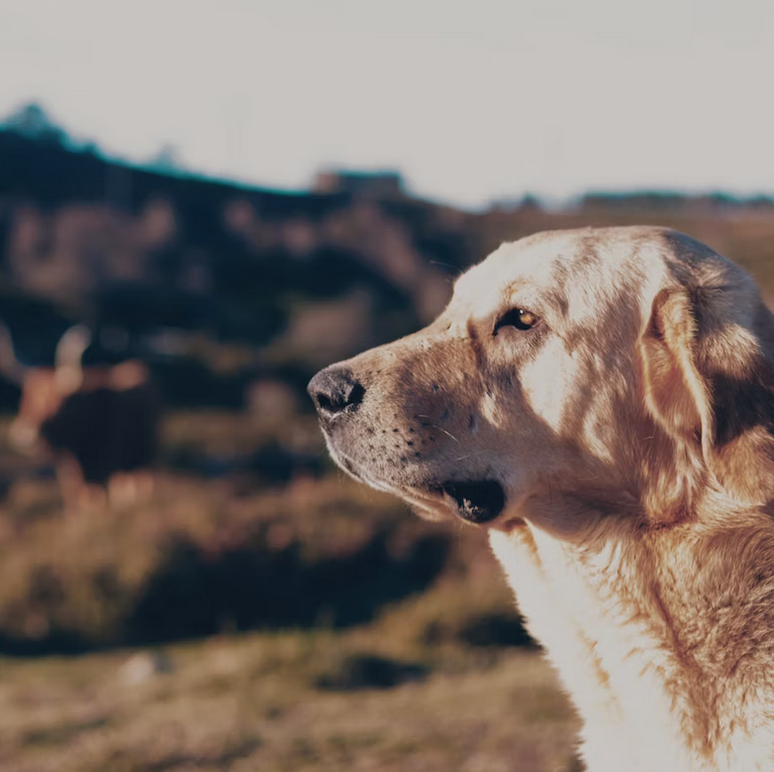Zooey Media Training

As a society we sure do seem to love interviews. From the classic late night shows, to mix ups like Hot Ones. There are multi-hour podcast interviews, there’s short form advertising interviews, there’s interviews made to make the person look good, and there’s interviews that are made to make the person look like an idiot. People even like watching the police interview criminals! But for something that creates such good content, most people’s real life experience with being part of an interview is when they’re applying for a job. Sure, at the end of the day, an interview is just a conversation with someone, but even a great speaker can bomb an interview if they aren’t paying attention.
Pretty much anyone getting in front of a camera is going to have some level of media training. It’s training around how to present yourself best, as well as the things to avoid. And as zoos, I think in the next couple years it’s going to be pretty important for us to have some level of media training. As our movement grows larger and larger, media is going to start to notice, and they’re going to want the scoop. It’s already starting to happen, to some degree. I get interview requests usually once a month, usually from accounts with 100 followers and no library of content, but it shows the desire is there. I recognize the pattern from the early days of the furry fandom. As soon as “furries” started becoming a talking point, a lot of media wanted to know more. This led to a LOT of bad interviews with people who didn’t know how to be on camera, and I honestly believe it played into the perception of furries being “cringe” even to this day.
In an effort to avoid that as much as possible, here’s the zoo basics of media training. If you’re someone who has people asking you to be in an interview, or even if you just want to be prepared in the future, read on and let’s talk talking!
Actually, before we talk talking, we first need to figure out who to talk to. This is important. More important than you think it is: Not everyone has your best interests at heart, even if they tell you they do. There’s a concept out there that “all press is good press.” That is, frankly, a lie. And step one of avoiding bad press is knowing who you’re talking to. Here’s the thing. When you see an interview request, it’s exciting. Interviews are something celebrities do. It makes you feel important to get interviewed. But not everyone is doing it for the right reasons. Some of them, believe it or not, are actually setting you up for one of those interviews where the interviewee (you) looks like an idiot. Even if you’re not an idiot! They can still make it seem that way with some cheap tricks like bombarding anything you say with accusations that make you sound bad without being able to defend yourself, or editing down the interview to their best “owns” on this disgusting animal fucker they got to come on voice chat with them.
It’s important to remember, if you give your voice to someone else’s recording, they have the power over what you say. Even before the usage of AI, it was very easy to cut and paste content together to totally change what someone is saying. And now that they can just feed your voice into a synthesizer it’s even more dangerous. You could go and have an awesome conversation, and then the interview comes out, and it could be totally different.
Or, even simpler, there are just going to be some people you don’t want to talk to. They could be 14 year olds that just want to scream at you on call in order to seem cool to their friends, in which case it’s just a waste of time. Or, it could be someone who’s a really advanced interviewer who can control the flow of the conversation much better than you might have the experience to respond to, with the goal of making the zoo movement look bad. Hell, even just the angle that they’re going to take can be important to consider. Is this person a biologist or vet, and will be asking stuff about anatomy and animal science? If so, you should make sure you know your stuff before agreeing to that interview. Are they someone who wants to talk legality? Then you should know your laws. And if you don’t feel up to the challenge of going head to head with a literal expert in a field that you’re not an expert in, it’s okay to say “no thank you” to that interview. If you get caught scrambling and guessing, it’s not going to look good for the movement as a whole, and you can avoid that very easily by just not falling for the bait in their trap.
Thankfully, someone’s motives are usually pretty easy to discern. Anyone wanting to release an interview wants an audience. That means it’s very likely they create content. And that content can give you a pretty good idea of who they are. If all of their content is gotcha interviews, chances are high they want to gotcha interview you. If all of their content is “shocking” videos ranting about freaks and weirdos, do you really think they want to change the entire tone of their channel and have a heart to heart with a dog kisser, or are they more likely trying to show their audience more freaks and weirdos? Whereas if they’re someone who runs really respectful and thoughtful interviews with fringe members of society, chances are good they just want to know more. There’s no perfect formula for this, but the better you can know their content, the better an idea you’ll have of their intentions. And not just their YouTube or Twitch, look at their tweets as well. You can search:
“@(their-name) zoo”
And all of their posts with the word zoo will come up. If they have 100 tweets last week telling zoos to kill themselves, maybe you should reconsider giving them your time. This is especially helpful if someone doesn’t have any content, and they’re asking you to be their first interview. I would generally recommend if someone has no content examples to politely decline their invitation. Not only is it a risk, but also if someone isn’t willing to put in the time to at least make a few videos first, they’re probably not going to put in the time to put on a good interview.
But okay, let’s say that you have someone who seems like they have good intentions, and you want to have a conversation with them. What then? It’s easy to say that you just need to “be yourself,” but that’s an extremely reductive and frankly incorrect way of looking at it.
We already mentioned figuring out what kind of questions they’re going to ask, whether it’s going to be a philosophical conversation, biological, etc. Regardless of who they are, it would benefit you a lot to do some research beforehand. Learn a bit about common zoo arguments and responses, get a feel for how to deal with the common critiques in a way that feels natural to you. People uneducated on the zoo conversation tend to have 5 or so arguments: Consent, injury, disease, mental capacity, morality. You should absolutely have strong answers to all those questions, but consider that a minimum, not a maximum. The more you know the better. And make sure you play out the idea of how a conversation with someone asking those questions is going to go too. You’re talking, not making a tweet. The last thing you want is to be stumbling over your answers when you recieve a slight bit of pushback.
Next, let’s talk for a second about recording equipment. You don’t need a studio mic to have an okay recording, but you shouldn’t be recording on an xbox360 controller mic either. The only way to tell how your audio sounds is to listen to yourself. Download your favorite audio recording program of choice (Audacity is a great option) and record some test audio. If it turns out you’re the person everyone turns to 80% on Discord calls because your audio is clipping non-stop, look into maybe upgrading your microphone. Definitely, absolutely no matter what, do not agree to do a video recording. If they even ask, consider that a red flag. If they ask twice, I would assume they’re just trying to dox you. If you’re doing the interview off of Zoom, Google Meets, or any other platform you’re less familiar with, make sure if you’re using a phone or laptop that the camera is turned off by default. Possibly even just put some tape or something over your camera just in case. And if this is a platform that you don’t usually use for zoo stuff, make extra sure that the account you’re using doesn’t contain your real life name, job, or location.
On the day of the recording, make sure you give yourself plenty of time to sleep, and eat something high energy beforehand. Food affects the body in different ways depending on what you eat. If you stuff yourself on carbs you’re gonna feel tired and lethargic, not good for an interview. Even if it’s a late night call, I would recommend fruits, salad, things that give your body energy. Maybe even have a coffee beforehand, although skip that if you’re worried about being nervous. Before you hop onto the call, take 15 minutes to center yourself. Take some deep breaths, go over your notes again, and try to get into the right headspace. I personally like to listen to music when I want to get into a specific headspace. Different songs will make me feel different ways, and I can tailor that to the kind of energy I think the interview is going to have.
For the interview itself, make sure you have OBS, or a similar program that will record the interview on your end. This is VERY important. Once they have the audio they can do anything with it, especially in the era of AI. Making sure you have a copy of the raw interview with no editing covers your bases just in case they try and do something deceptive. It is absolutely worth hopping in a call with a friend to make sure that you have it set up right beforehand, because this is something extremely, extremely important. Record somewhere quiet where you can be loud. If you’re scared your roommate is going to hear you talking, that’ll lead to a worse interview, so try to plan around that however you can.
Get all that? It was a lot, but this is already going to be in our top three longest articles, so I’m trying to keep it to-the-point. Media training is something you could do for years and still not be perfect at. But, after all that work, it’s finally time to talk about the interview itself!
So, in most typical interviews, the interviewer also has a lot of homework to do. They should have a basic idea of what they want to talk about. In fact, the best interviewers will have a very good idea as to how you’re going to answer every question so they can just focus on playing off of that and keeping it engaging. It’s pretty unlikely that you’ll be talking to Sean Evans or David Letterman though, so it’s likely going to be more like you’re both figuring it out as you go. As far as tone goes, try to keep it upbeat and sound friendly but knowledgeable. The best interviews are when two people match each other’s energy and are on the same wavelength. If they’re really up, try to be up. If they’re chill, try to be chill.
It’s likely that they’re not going to be agreeing with you right away. They may not agree with you at all. The important part is that you present your side clearly and effectively. The goal isn’t necessarily to convince the interviewer, it’s to convince the audience. Or, at the very least, to present a new version of what a “zoophile” even is. At the end of the day, people are going to have preconceptions about you, and a not insignificant part of thr audience is going to click on the video looking for a freak show. You need to show them that there’s much more to us.
Another thing to keep in mind is to keep an eye out for “bait questions.” These are questions that are designed to force you to say something bad. Here’s an example. Say they ask you something like:
“Should you be able to have anal sex with dogs? What if they consent?”
It’s okay if your answer to the question is no. You may maturely acknowledge the fact that some zoos do disagree on this point, but from your perspective there is no evidence to show that dogs enjoy anal sex, and it has a higher chance of leading to injury. But if you do say no like that, it’s easy for them to call you on it, and say that it’s evidence that either animals can’t consent since they can’t communicate consent to anal sex, or that sex can actually cause injuries. There are ways to safely navigate out of that conversation, such as acknowledging that it’s healthy for human-human partners to have known boundaries on risky play too, but if you’re not prepared for prickly questions at all, you can end up stuck in a really weird place that’s hard to get out of.
Speaking of which, it’s important to know what to do if they ask you something you don’t know the answer to. Maybe they bring up a stat you’ve never heard of, or a fact you don’t feel qualified to answer. It’s really important in those kinds of situations to not panic. Some people’s first instinct will be to lie, others get angry, others might freeze. All of those are bad. Instead, accept that it’s okay to not be an expert in everything. If it’s a stat, you can say that you’re not familiar with it and ask for a link to review later (do not read it during the interview unless absolutely necessary). If you can, attack the thing they claim the study shows until you get to stats. Once you get to a stat, or if they start with that, it’s very easy to say:
“You know what, I’m not familiar with the numbers they’re using, I don’t know the source. I feel like it’s inappropriate for me to comment on it at this time.”
If you think you can, feel free to follow up with a “but…” and lead into a counter point. If you aren’t confident, feel free to leave it there. But after all, you may have personal experience that you know immediately disproves the thing they are claiming a study says. If they claim “dogs cannot mount a human to have sex with them, the human has to penetrate the dog” (yes someone has actually claimed that before), then you probably don’t need to pull out a scientific paper to feel confident in telling them that what they have claimed is untrue, especially if you’ve had the pleasure of Fido proving the “dogs can mount humans” hypothesis to you firsthand. And if the interviewer wants to immediately dismiss anecdotal evidence because it’s “not scientifically proven, it could just be something you’re making up,” that should really make you re-ask yourself why exactly they want to do this interview with you again.
Speaking of that:
Finally, remember that you can leave at any time. You are under no obligation to talk with this person, or finish the interview. If they’re being hostile, or you feel like the finished product is going to be unproductive, you can always just tell them that, and just dip. They might post you leaving and title it “ZOOPHILE OWNED IN DEBATE,” but that’s why it’s important to know what you’re getting into. And besides, you’ll look way better disengaging from it than sitting there letting a 14 year old yell at you for an hour just for them to release the same video with the same title anyway.
I know all this is a lot to take in, but it’s important. The zoo community is small, and we don’t have a lot of media exposure. When you agree to an interview, you’re choosing to accept the responsibility of representing all of us. Which is why it’s really important you take it seriously. A disasterous interview makes the zoo community as a whole look bad. If someone that seems serious reaches out to you for an interview and you don’t feel confident, don’t be afraid to reach out to others you think would be more qualified to have that conversation. Toggle, Mike, Akito, Myself. It doesn’t have to be one of those three, but just to give you an idea. Media training is very complicated, and I don’t think anyone is an expert, but those are all people who have experience podcasting and presenting.
Reaching out to someone else who’s been around for longer can also help with determining intent. They might be able to help you with figuring out whether or not the interviewer has good intentions, and they can also help you prepare. This is a community full of people that want to help eachother, use that resource.
This article could honestly be twice as long, but this is the basics. I don’t mean to sound like doing interviews is a bad thing. Far from it! Interviews are an amazing way to open up about who zoos really are, and that’s an extra valuable thing when it’s coming from a non-zoo source. But it’s important to know what you’re getting into. You should never do something this important without knowing what you’re doing. Hopefully this article helps you get at least part of the way there. Good luck with your interview, give ‘em hell! Or, good luck saying no and making better use of your time by going out and trying to pet a dog instead. Either way, good luck champ.
Article written by Tarro (October 2023)
Find them at https://twitter.com/hereforthezoo
Questions, comments or concerns? Check out our Discord server!




